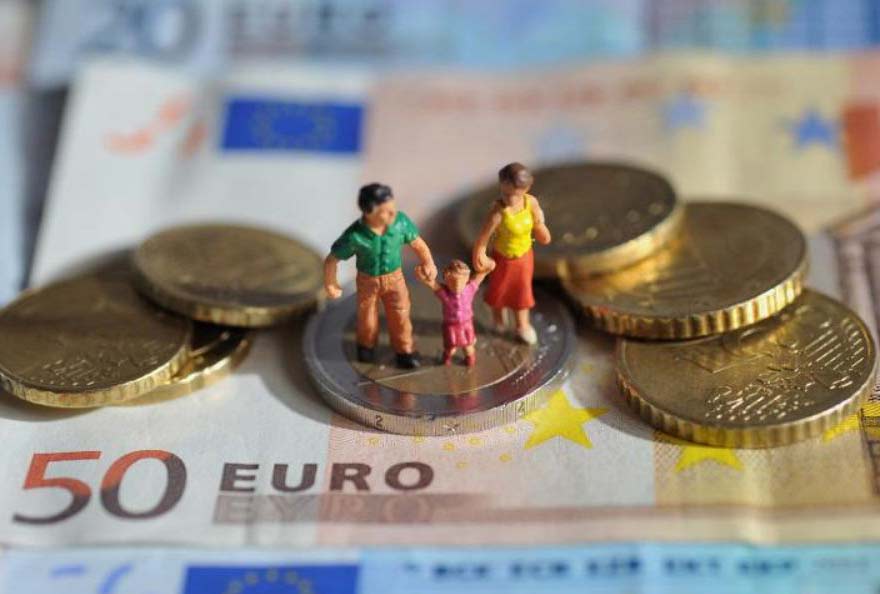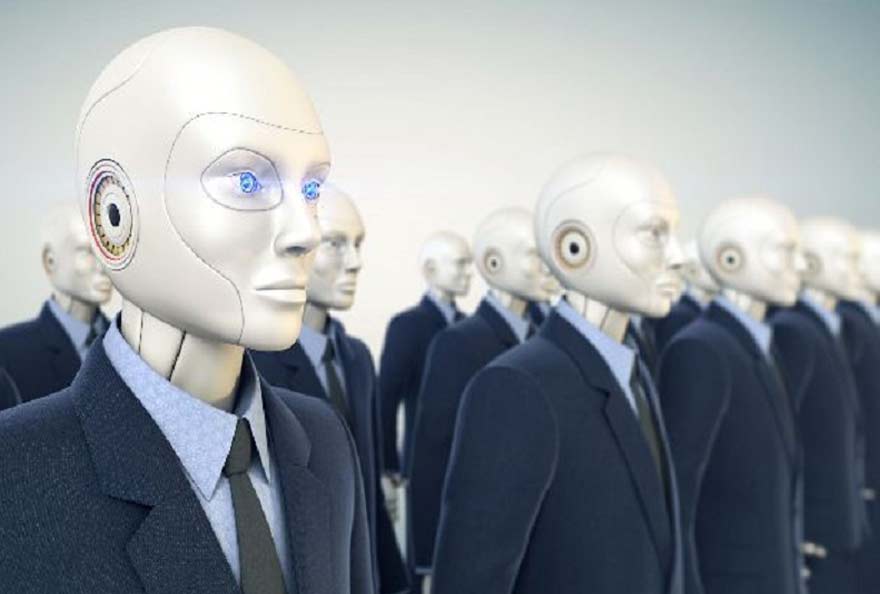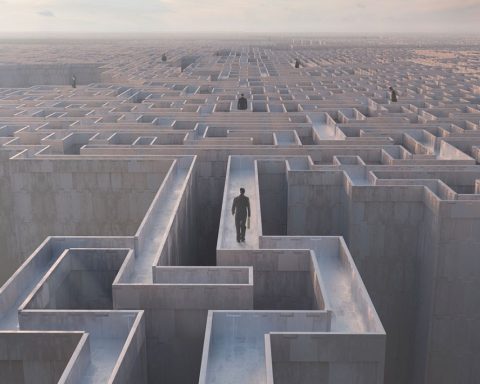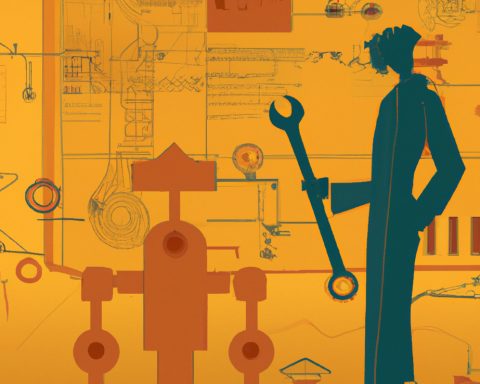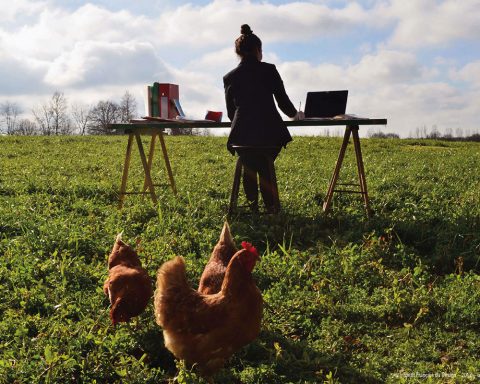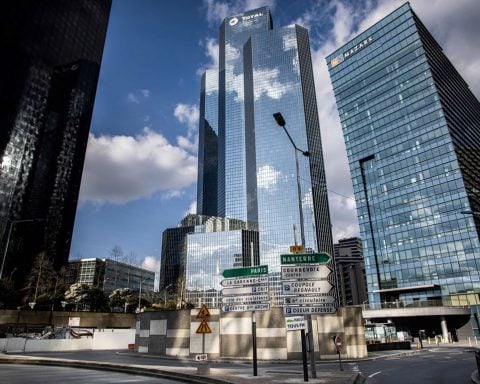Social capital consists of the ties, networks, norms and trust between individuals. Most of them are built through civic engagement independent of the state, and are eventually institutionalized. Faced with the inequalities inherent in capitalism, this element essential to the proper functioning of a democracy - itself fundamentally based on egalitarianism - has fallen apart once and for all. The decline in the number of available jobs and the growing loss of meaning in work are giving food for thought for a new model of society. This new model could be based on a universal, individual and unconditional basic income.
Inequality and fragmentation
This crisis of confidence is the direct result of an exacerbation of inequalities. Mass unemployment is now close to 10%, there is a ghettoisation of the labour market, and there is a lack of jobs. geographic, economic and educational of the population, and the feeling of insecurity has increased. The latter, caused in part by the attacks since 2015, is coupled with a fear of the imperceptible shift in the "balance between public order and civil liberties"... since the declaration of a state of emergency.
The division of the population into a few groups - workers, managers and bosses - has for a time made it possible to conceal a certain level of inequality behind a "social cohesion" motivated by a common economic future. The abyss of economic inequality now seems difficult to overcome, with most of the wealth concentrated in the hands of a small proportion of the population.
In France, the 10%s with the highest incomes receive about 28% of the total, and hold 50% of the total net assets. Between 1985 and 2011, in OECD countries, the income of the richest 10% increased by 50%, that of the middle classes by between 25 and 35%, while that of the poorest 10% increased by only about 12% (OECD, 2015). Today there are countless divisions (young people, dropouts, graduates, old people, women, the poor, the homeless, the unemployed, the middle classes, the rich, immigrants, ...).
The "Wrestling for places" and the 1%
All of them are in spite of themselves, as explained Vincent de Gaulejac and his co-authorsThey are engaged in this new "struggle for places" which replaces the old class struggle. This new form of struggle is characterized both by the destruction of social ties and the solitude of these individual struggles against society. Its objective is to find or regain a "place" in a world where existence is no longer measured solely in terms of economic utility.
Some of these divisions may overlap, but they do not allow the formation of a dense, supportive and powerful social fabric. Why not? Because they are divided into multiple territories (geographical, demographic, educational...), and without any direct link with the economic sphere. Yet it is the actors of this sphere who govern all debates, especially that of power.
Today, it is the large companies that have considerable power in shaping society. Yet in France, they account for only 0.007% of all companies, but 27.3% of employment and 32.3% of value added produced (INSEE, 2013). This concentration of power is exacerbated by the interplay of interrelated boards of directors, and has led to the emergence of an "transnational capitalist class". On a global level, the 1% with the most money hold nearly 50% of the wealth.
The myth of full employment
Visit OECD report on inequality published in 2015Like many other reports, it is multiplying proposals so that everyone can find or regain employment, as a miracle solution. However, as Albert Einstein so rightly pointed out, "problems are not solved with the ways of thinking that gave rise to them". The current capitalist mode of operation and globalization are largely based on the mass employment of people. However, it has led to the disintegration of social capital and the beginnings of a serious democratic crisis. It is therefore certainly not mass employment that will cure our current ills.
A return to full employment is all the more unlikely as productivity gains, increasing automation of the economy, and the next wave of implementation of artificial intelligence technologies do not require mass employment at all. Elon Musk for example - and he is not the only one, has been saying for several months that the widespread application of these technologies will greatly reduce the need for human labour (see for example his latest participation in the World Government Summit in February 2017).
The British anthropologist David Graeber reminds us that John Maynard Keynes was the first to predict in the 1930s that before the end of the 20th century, technology would probably allow us to switch to the 3-hour week! He points out, however, that this has still not happened, for moral and political rather than economic reasons. Indeed, it has not yet happened for moral and political rather than economic reasons,
"the ruling class has understood that a happy, productive, leisure-time population is a mortal danger (think of what happened when this began to happen in the 1960s)".
Fake jobs or a universal basic income?
In order to reconcile the lack of need for workers in the economic sphere with the need for policing at the political level, our societies have become prolific in "useless" jobs. Their various shortcomings can be broken down as follows "burn-out, boron-out and other brown-outs...and contribute to the spiritual and moral deterioration of the employed populations. It adds to that of the unemployed and other excluded people, thus continuing to destroy social capital, but consolidating all the characteristics of ideal consumers.
The decline in the number of available jobs and the increasing loss of the meaning of work give food for thought for a new model of society. This new model could be based on a universal, individual and unconditional basic income. It would provide access to the basic resources needed to expand the world of possibilities for everyone. It would facilitate, for example, the incubation of start-ups or professional reconversions.
It would also give back a "place" to all those who generate unpaid social value (parents, caregivers, volunteers...). According to Guy Standing, universal income would make it possible to rebuild confidence and security for the "Precarious" who nowadays tends to turn to populist promises. Thus reintroducing an essential element of equality, that income would allow the social fabric to be reformed in order to restore sound democratic foundations.
Virginie VialProfessor of Economics, Kedge Business School
The original text of this article was published on The Conversation.

